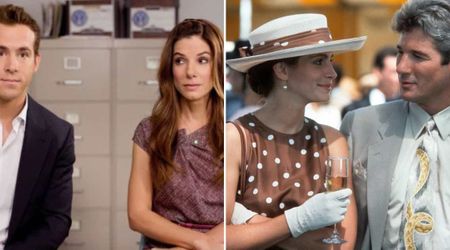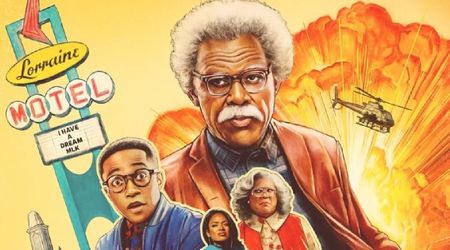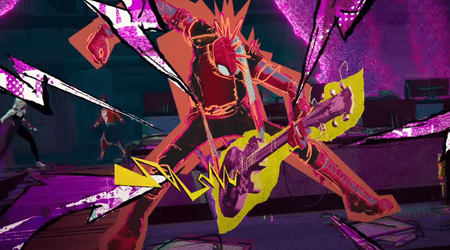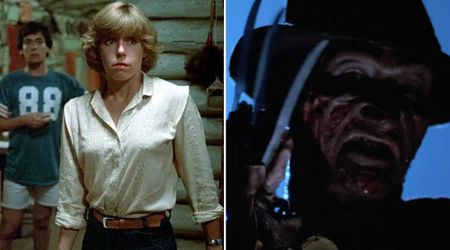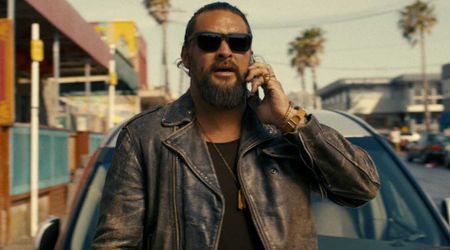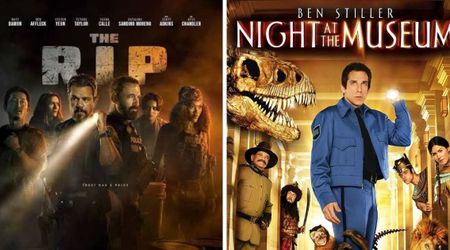Disney's $52 billion Fox bid: What the megadeal means for the future of your favorite superhero movies

Battle lines have been drawn and a bid that would fortify the future of Disney in the entertainment biz has been put in place. The only factor, however, setting the studio back in the game as it prepares for its impending mega-deal with 21st Century Fox - an agreement that gives the mouse house the right to certain crucial film and television assets of Fox - happens to be a suddenly-emerged competition, Comcast.
In days leading up to a potential vote on the merger — a proof of which has even made its way to Reddit - it emerged that Comcast, the parent company of NBCUniversal was buckling up as well, in an attempt to sweep the agreement in its favor. For the same, the telecommunications giant was even said to have geared up to outbid Disney, preparing a $60 billion offer for Fox - roughly a couple (and more) above Walt Disney Co's $52.4 billion bid.
If the nuances of this climactic business proposition is not a turn on enough, perhaps Rupert Murdoch's take on offering his Fox properties and rights to the highest bidder would do the trick for you. There are at least a million different reason for regular viewers, cinema-goers and superhero movie lovers to closely follow the events of this negotiation - a monumental takeover that would put the best dramas on TV to shame.

But before getting on with the numbers, it would be wise to delve deeper into Disney's stakes, why the deal is in limbo and how the mouse house is aiming for domination.
Current status of Disney-Fox agreement
The announcement of Disney acquiring major assets of 21st Century Fox - including a portfolio of news, sports, and broadcast businesses along with the rights to several big buck-earning comic book characters - came in mid-December last year. Indeed a deal of this stature would have required a significant consideration on behalf of both the parties and hence until recently, there wasn't much movement.
That changed, however, with the addition of Comcast to the bidding-rivalry. And latest updates indicate that the competition could be real this time, even for the market-leading Disney (that held assets worth a total of over 92 billion U.S. dollars in 2016).
Most recently, though, it has appeared that the studio is in the process of urging its stakeholders to vote on the proposed merger between The Walt Disney Compay and Twenty-First Century Fox, Inc. The news came via an anonymous source on Reddit and hence it's advised to consider it with a grain or two of salt.
Nevertheless, the pointers in the letter are worth a mention.
The letter states, "Prior to the completion of the initial merger, [Twenty-First Century Fox] and a newly-formed subsidiary of 21CF, which we refer to as New Fox, will enter into a separation agreement... will transfer to New Fox a portfolio of 21CF’s news, sports and broadcast businesses, including the Fox News Channel, Fox Business Network, Fox Broadcasting Company, Fox Sports, Fox Television Stations Group, and sports cable networks FS1, FS2, Fox Deportes and Big Ten Network, and certain other assets."
However, “21CF will retain all assets and liabilities not transferred to New Fox, including the Twentieth Century Fox film and television studios and certain cable and international television businesses.”
Eventually, if the said business agreement goes through, Disney will come in the possession of cinematic rights to multiple properties including the 'X-Men', 'Fantastic Four', and even the newly-introduced 'Deadpool', amongst the obvious roster of local and worldwide TV properties.
What does it mean to bring the Marvel superheroes home
A natural progression in this business merger means a heck of a change for Marvel's roster of comic book adaptations - some of which have translated into grand box-office successes.
With a worldwide collection of $1,999,471,778, Avengers: Infinity War is on it's way to entering the $2 billion club, an honor shared by only three films so far - Avatar, Titanic, Stars Wars: The Force Awakens.
Digression and obsession over Infinity War's roaring box-office collection asides, the Fox deal would ideally mean a great addition to Disney-owned Marvel studio's existing properties. Imagine a shared inter-connected cinematic universe where Wolverine and Iron Man co-exist, where a Wade Wilson crosses paths with a Black Panther, and if need be, the Earth's mightiest heroes and mutants join hands to take down any threatening force.
On one hand, the billion dollar deal opens up the doors to numerous crossovers and reboots with Marvel's superheroes and supervillains available for a shared narrative. And on the other hand, there is a chance that certain plotline, whose success is dependent on the R-rated leaning of the characters, might lose out the freedom and space for their further evolution. Case in Point, Logan, and Deadpool.
Regardless of certain limitations, the studio's experience with creating superhero blockbuster would undoubtedly come handy once the merger is underway. Whether it's with streamlining the box-office performance of the X-Men movies or making Fantastic Four viewable again, in Marvel, fans have proven to have complete trust.
On a side note, it's no longer the sad 90s for Marvel. On the verge of a bankruptcy, the comic book publisher-turned-studio was forced to sell off several of their valued properties to Fox and Sony. While a Spiderman arc or an X-Men franchise made considerable noise at the hands of other studios, it has been a major turnaround for Marvel since then, emerging as a formidable force in the entertainment sphere.
The big picture for Disney
By now, it's pretty clear the direction Disney is headed towards in the bigger picture. Acquiring the rights to Fox properties seems to be only one half of the bargain. The other half is rooted in the studio's agreement with the streaming giant, Netflix.
Towards mid-2017, Burbank-based Walt Disney Company had expressed its desire to end the deal with Netflix, to launch a streaming service of its own - sometime by 2019.
Indeed, a huge blow to Netflix which had started reaping the benefits of the deal just recently, the idea is to create a direct-to-consumer service, which would bring together Disney's vast library of films and TV shows under one umbrella.
This not only gives a monopolistic power to the company but also a jumpstart against all the possible competition in the streaming arena.

“This acquisition and the launch of our direct-to-consumer services mark an entirely new growth strategy for the company, one that takes advantage of the incredible opportunity that changing technology provides us to leverage the strength of our great brands,” Disney CEO Bob Iger had said in statement referencing the streaming service plans, back in August.
While the eventual loss of Disney content (beginning sometime in 2019) serves as a major loss for Netflix, it's undoubtedly a giant leap for the former, as it preps to take over the market, step by step.
But as they prepare for big, scary changes in film and TV universe, it's worthwhile to consider the flipside as well - a Wall Street analyst uses the word "lost cause" in regards to the deal.
"We are weighing in - negatively - with our assessment of what we expect will be the strategic rationale for the deal (positioning Disney better to compete in the OTT space) … In our view, Disney is committing significant capital to the lost cause of protecting video aggregation margins," analyst Doug Creutz noted adding, "Taking on competitors who don't need to turn a profit is rarely a good idea."
Good idea or not, work is in progress towards gigantic acquisitions and given Disney's track record so far, it's difficult not to foresee them succeeding. As viewers and superhero movie-lovers, however, it's a different scene altogether - more content, more streamers, and even more subscriptions!


